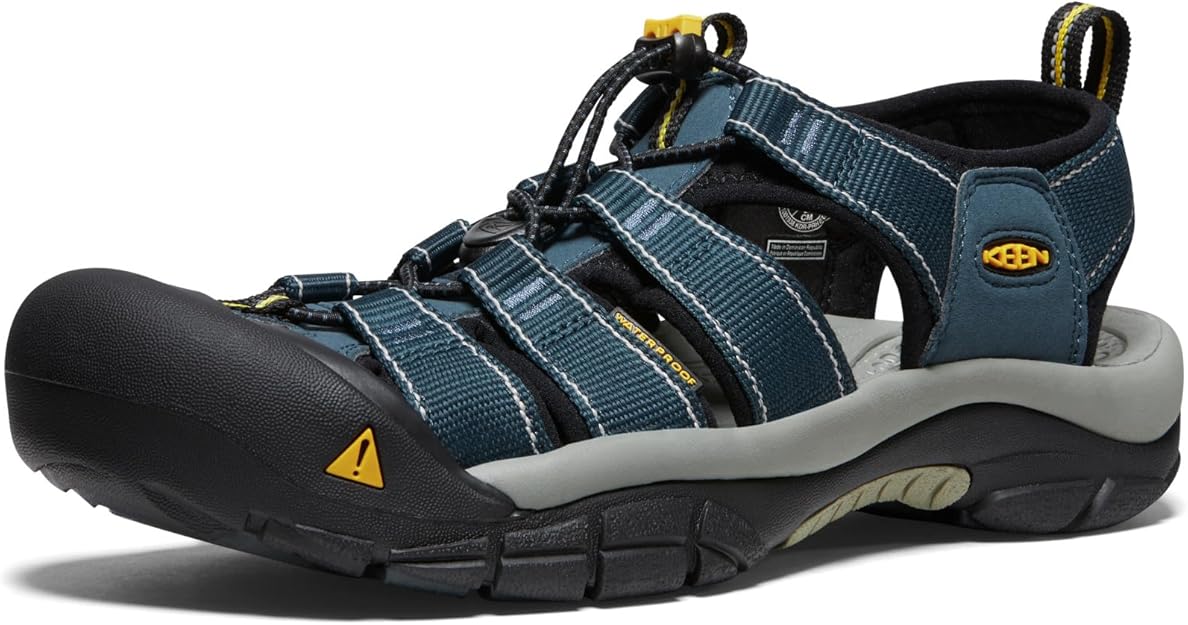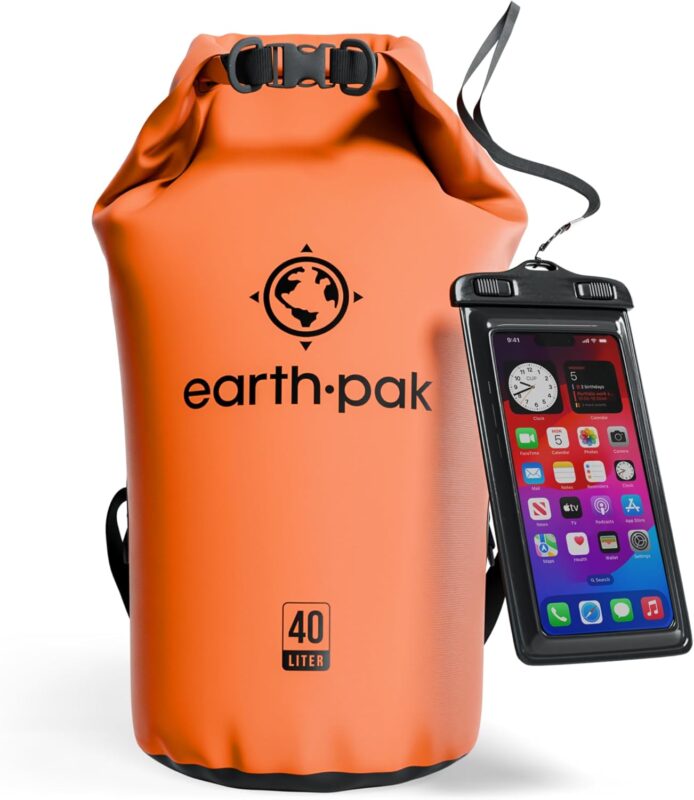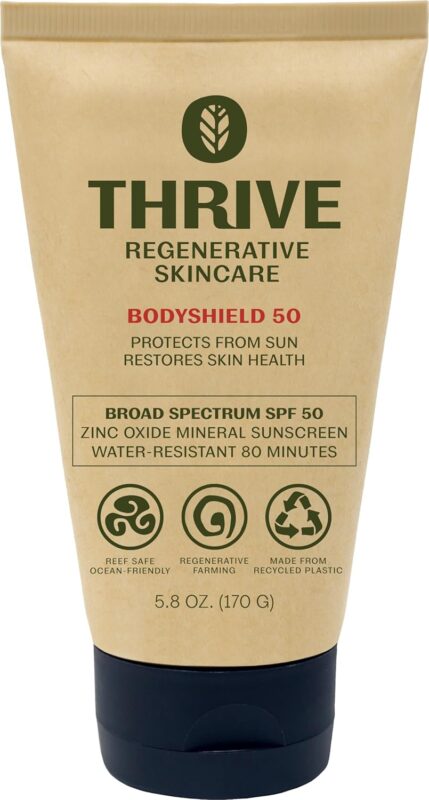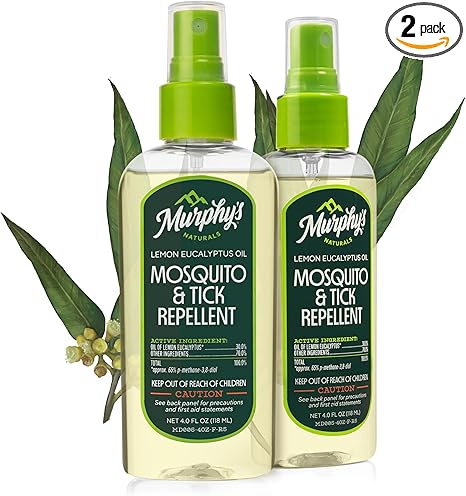So you’ve been scrolling through those dreamy Instagram posts of turquoise waters and palm trees, thinking “What if I just… moved to Belize?” I get it. I’ve been there, literally and figuratively. I’m here to give you the unfiltered truth about living in Belize as an expat.
Forget the glossy brochures and those “live like a king for $1,000 a month” headlines you see plastered across retirement magazines. The reality? It’s messier, more expensive, and infinitely more rewarding than you’d expect. But let’s dive into what it’s actually like to pack up your life and make Belize your new home base.
Table of Contents
The Money Talk: Is Belize Really Affordable?
Let’s address the elephant in the room first, the cost of living. Everyone wants to know if they can stretch their dollars further here, and honestly? The answer is complicated.
Yes, you can live more affordably than many places in North America, but Belize isn’t the bargain basement destination it was a decade ago. The cost of living in Belize for expats varies dramatically depending on where you plant your flag and how you choose to live.
Real Numbers: What You’ll Actually Spend
Here’s a breakdown of monthly expenses that won’t sugarcoat the reality:
| Expense Category | Budget Living | Mid-Range | Luxury |
|---|---|---|---|
| Rent (1-2 bedroom) | $400-800 | $800-1,500 | $1,500-3,000+ |
| Groceries | $300-400 | $500-700 | $700-1,000+ |
| Utilities | $100-200 | $200-350 | $350-500+ |
| Internet | $50-80 | $80-120 | $120-200 |
| Transportation | $100-200 | $200-400 | $400-800+ |
| Total Monthly | $950-1,680 | $1,780-3,070 | $3,070-5,500+ |
I know what you’re thinking, those numbers might be higher than expected. Here’s the thing: imported goods are expensive. That jar of peanut butter you buy without thinking? It’s going to cost you $8. Want decent internet for your remote work? You’re looking at premium prices for mediocre speeds.
But here’s where the magic happens: local produce is dirt cheap, rum costs less than bottled water, and your biggest entertainment expense might be the occasional boat trip to a pristine caye.
Visa Reality Check: The Belize Residency Process
The good news? Getting into Belize is refreshingly straightforward compared to other countries. The Belize visa requirements are pretty expat-friendly, but you’ll need to understand the system.
Tourist to Resident: Your Pathway Options
Tourist Visa Extensions: You can stay as a tourist for up to six months, extending monthly after the first 30 days. It’s bureaucratic but manageable, just budget about $50 per month for the privilege.
Qualified Retired Persons (QRP) Program: If you’re 45 or older with a pension of at least $2,000 monthly, this is your golden ticket. The QRP Program Belize offers significant perks including duty-free imports on household goods and vehicles.
Permanent Residency: After five years of continuous residence (meaning you can’t leave for more than 14 consecutive days per year), you can apply for permanent residency. It’s a long game, but worth it for those serious about making Belize home.
The Safety Question: How Safe is Belize for Expats?
Let’s be real about safety and crime in Belize for expats, it’s the question everyone’s thinking but afraid to ask directly. Belize has areas with high crime rates, particularly in Belize City and some southern districts. But here’s what the statistics don’t tell you: most violent crime is gang-related and concentrated in specific neighborhoods that tourists and expats rarely venture into.
Staying Smart and Safe
The expat communities I know follow some basic principles:
- Know your neighborhood: Popular expat areas like Ambergris Caye, Placencia, and Caye Caulker are significantly safer than urban centers
- Evening awareness: Most incidents happen after dark in isolated areas
- Community integration: The more connected you are with locals and other expats, the safer you’ll be
Don’t walk around flashing expensive jewelry or wandering into sketchy areas at midnight. Common sense goes a long way.
Where to Plant Your Flag: Best Places to Retire in Belize
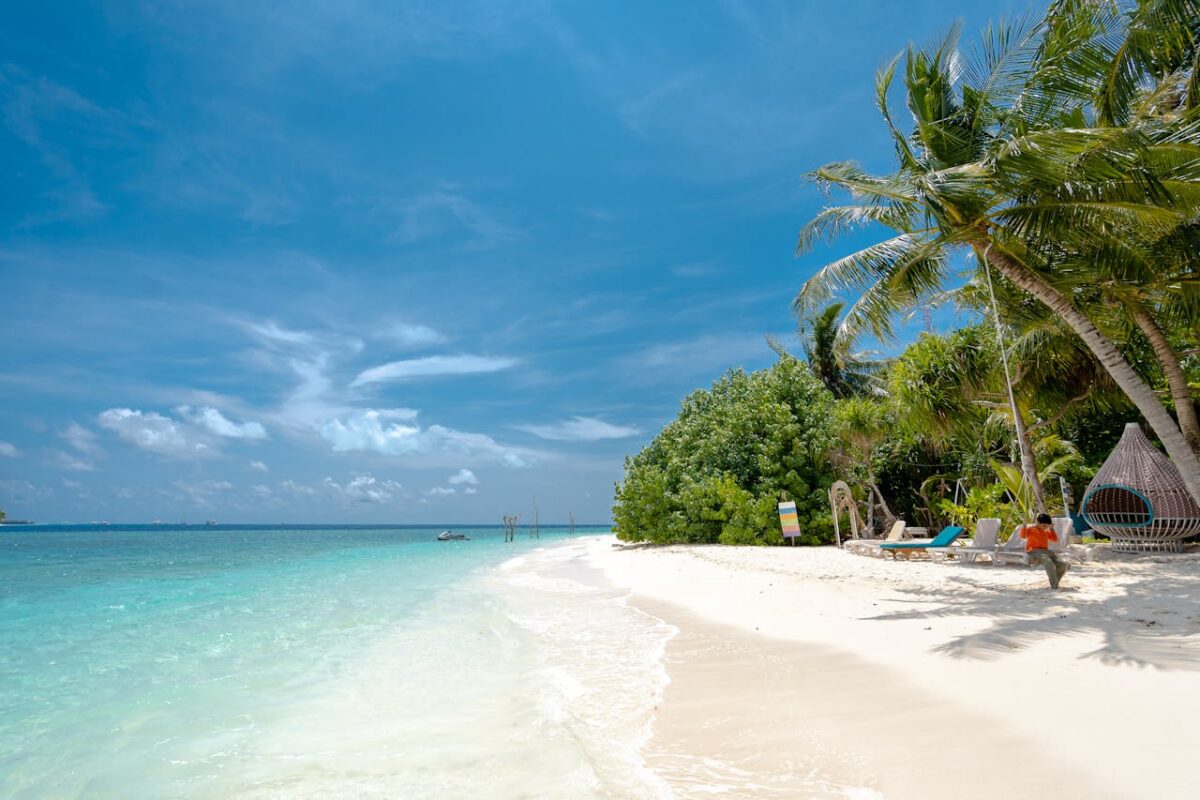
Choosing where to live might be the most crucial decision you’ll make. Each region offers a completely different lifestyle, and what works for your neighbor might be torture for you.
Ambergris Caye: The Expat Magnet
Living on Ambergris Caye as an expat is like being in a perpetual vacation bubble. San Pedro has the highest concentration of North American expats, excellent restaurants, and reliable infrastructure. The downside? It’s also the most expensive and can feel disconnected from “real” Belize.
Pros: Great healthcare, strong expat community, excellent diving, reliable utilities Cons: High cost of living, tourist crowds, limited cultural immersion
Placencia: The Sweet Spot
Many consider Placencia the goldilocks zone, not too touristy, not too remote. Expat communities in Placencia are tight-knit, the beaches are stunning, and you get a genuine slice of Belizean culture without sacrificing too many amenities.
Caye Caulker: The Laid-Back Alternative
Smaller and more affordable than Ambergris Caye, Caye Caulker attracts expats who want island life without breaking the bank. The pace here is slow, “go slow” is literally the island motto.
Mainland Options: Corozal and Hopkins
Don’t overlook mainland communities. Corozal offers proximity to Mexico and lower costs, while Hopkins provides a more authentic Garifuna cultural experience.
Healthcare for Expats in Belize: Better Than Expected
One of my biggest concerns before moving was healthcare access. The reality? Healthcare services and facilities available for expats in Belize are surprisingly good, especially in expat-heavy areas.
The Healthcare Landscape
Public vs. Private: Public healthcare exists but most expats opt for private care. In San Pedro and Placencia, you’ll find clinics with North American-trained doctors.
Medical Tourism: Many procedures cost 50-70% less than U.S. prices. I know people who have dental work done here that would’ve cost $3,000 in the States, but paid $800.
Insurance Options: Some expats maintain U.S. health insurance for emergencies, while others rely on local insurance or pay out-of-pocket. A typical doctor’s visit runs $25-50.
The catch? For serious medical emergencies, you might need to travel to Guatemala, Mexico, or back home. Most expats I know have a medical evacuation plan as backup.
Buying Property in Belize as a Foreigner: Easier Than You’d Think
Here’s some great news: foreigners can buy property in Belize with the same rights as citizens. No shell companies, no local partners required, just straightforward ownership.
Belize Real Estate: The Process
The property buying process is remarkably transparent:
- Due Diligence: Hire a local attorney (budget $1,500-3,000 for legal fees)
- Title Search: Ensure clear ownership. This is crucial
- Survey: Get proper boundaries established
- Closing: Similar to North American processes
Renting vs Buying in Belize: What Makes Sense?
Many expats start by renting to test different areas before committing to a purchase. Monthly rental costs vary wildly:
- San Pedro: $800-2,500+ for decent places
- Placencia: $600-1,800 depending on proximity to beach
- Mainland: $300-1,000 for similar quality
Some expats rent for 18 months before buying, which allows them to understand microclimates, neighborhood dynamics, and what they actually need versus what they want.
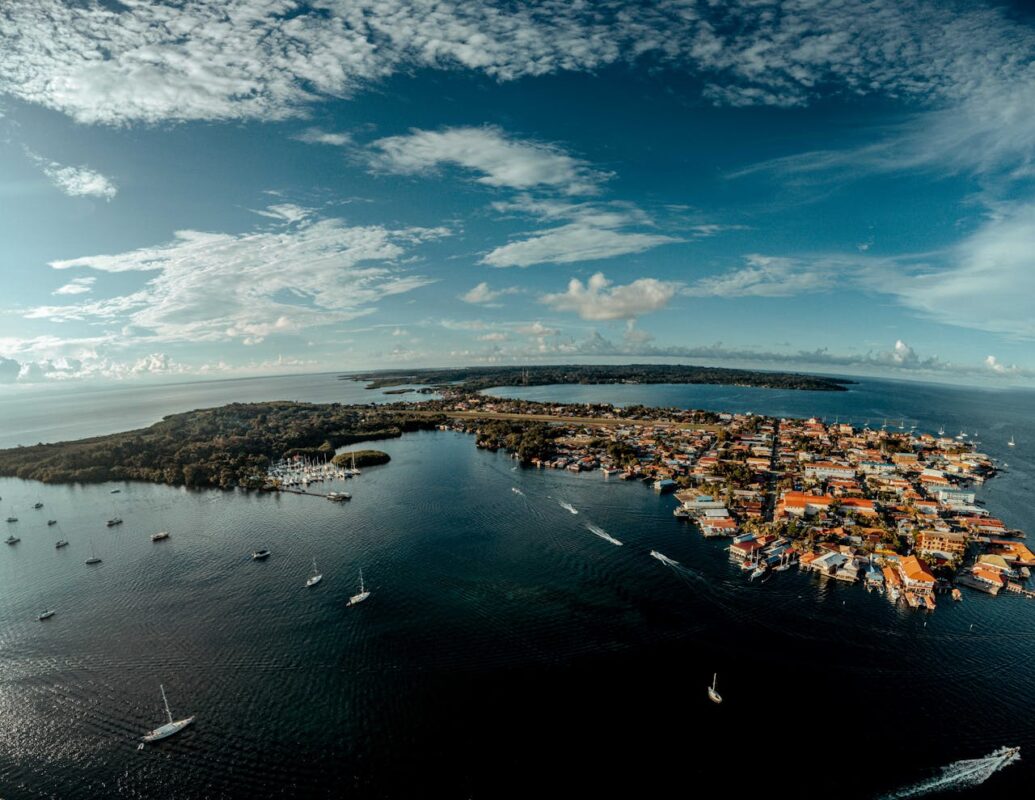
Working in Paradise: Job and Business Opportunities
The work permit for foreigners in Belize process exists, but most expats I know work remotely for companies elsewhere or run their own businesses.
Digital Nomad Reality
Belize’s internet infrastructure is improving but still inconsistent. In San Pedro and Placencia, you can get decent speeds, but power outages and service interruptions happen. I always have multiple internet sources, cable, DSL, and mobile hotspot backup.
Starting a Business
Setting up a business is relatively straightforward, but understand the market. Tourism-related businesses work well, but competition is fierce. Several expats I know run successful operations: vacation rentals, dive shops, restaurants, and consulting services for other expats.
You may also like to read “The Ultimate Guide: Best Countries for Expats“
Schools for Expat Children in Belize: The Education Landscape
If you’re moving with kids, education options exist but require research. Most expat families choose:
Island Academy (San Pedro): North American curriculum, popular with expat families QSI International School (various locations): American curriculum, higher costs but excellent reputation Local Schools: Some brave families integrate into local education systems, much cheaper but different standards
Many families supplement with online programs or return to North America for high school.
The Cultural Immersion: Languages and Local Life
English is widely used throughout Belize, it’s the official language. But you’ll also hear Kriol, Spanish, Garifuna, and various Maya languages depending on the region. Most business is conducted in English, which makes the transition easier for North American expats.
Social and Local Culture for Newcomers
Belizean culture is wonderfully diverse but can take time to understand. People are generally friendly and welcoming, but there’s a difference between tourist-friendly and genuine acceptance into the community.
The key to integrating into the expat or local community is simple: participate. Go to local festivals, support community projects, learn about the history. The expats who struggle are those who try to recreate their home country experience without embracing what makes Belize unique.
Climate and Weather Year-Round: What to Really Expect
The climate in Belize is tropical, which sounds amazing until you’re living through your first wet season. Here’s the honest breakdown:
Dry Season (November-April)
Perfect weather – 80-85°F, low humidity, minimal rain. This is when everyone falls in love with Belize.
Wet Season (May-October)
Hot, humid, and rainy. Not apocalyptic rainfall like some make it sound, but expect daily afternoon showers and higher humidity. Hurricane season runs June through November, something to factor into your planning.
Essential Gear: What You Actually Need
Here are the items that make Belize life infinitely better:
Keens Water Shoes: Seriously, these are indispensable. Rocky beaches, boat trips, snorkeling, you’ll wear them constantly.
Dry Bags: Everything gets wet here eventually. Protect your electronics, documents, and clothes.
Reef-Safe Sunscreen: Regular sunscreen kills coral reefs. Popular brands like Sun Bum work great and you’ll feel good about protecting the environment.
Quality Insect Repellent: Murphy’s Naturals Mosquito & Tick Bug Repellent, Deep Woods or similar DEET-based repellents are essential for jungle trips and evening activities.
Polarized Sunglasses: The sun’s reflection off water is intense. Good sunglasses aren’t a luxury; they’re necessary.
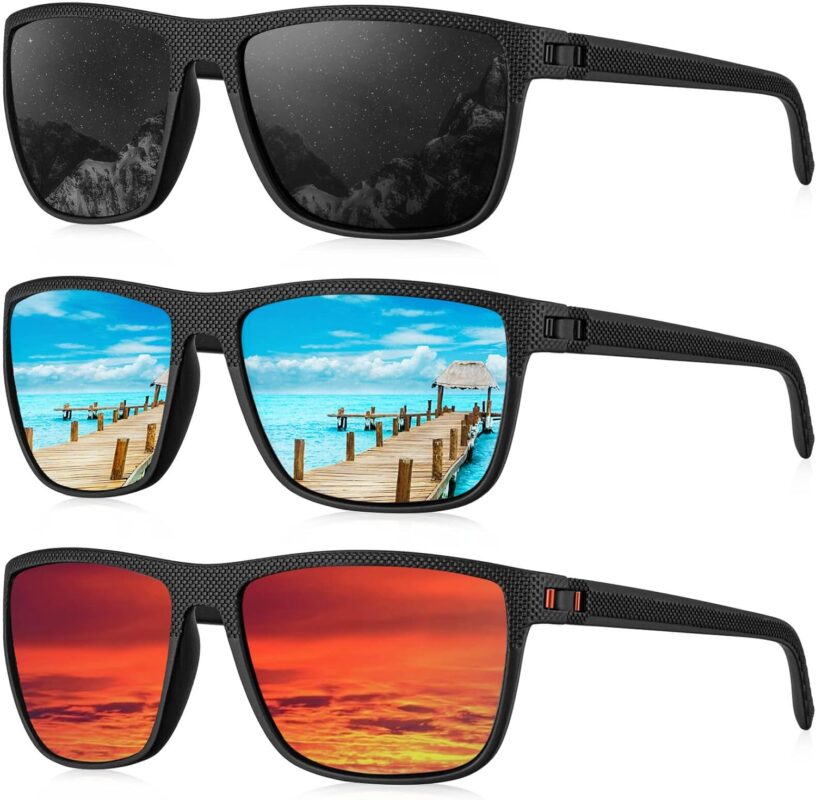
Quick-Dry Clothing: Columbia and similar brands make shirts and pants designed for tropical climates. You’ll live in them.
Shipping and Buying Goods: The Import Reality
Essential goods not available locally can be challenging to obtain. Shipping from the U.S. is expensive and slow, expect 4-6 weeks and high duties on many items.
Smart expats:
- Stock up during visits home: Bring extra suitcases filled with non-perishables
- Use shipping services: Companies like Belizean Connection offer consolidated shipping
- Buy local alternatives: Learn to adapt your preferences to available products
The Bottom Line: Is Belize Right for You?
After countless conversations with other expats, and experiencing everything from perfect sunset dinners to bureaucratic nightmares, here’s my honest assessment:
Belize works best for people who are adaptable, patient, and genuinely interested in a different pace of life. If you need everything to work exactly like it does back home, you’ll be frustrated. If you can embrace the “no hurries, no worries” mentality while maintaining realistic expectations about costs and infrastructure, you might just fall in love.
The pros and cons of living in Belize are deeply personal. What drives one person crazy might be exactly what another person loves about expat life here.
Who Thrives Here:
- Remote workers with stable income
- Retirees seeking adventure over convenience
- Families wanting cultural immersion
- Anyone who prioritizes natural beauty over urban amenities
Who Struggles:
- People expecting First World infrastructure at Third World prices
- Those who need extensive shopping and entertainment options
- Anyone with serious ongoing medical conditions
- Families requiring top-tier educational opportunities
Ready to Take the Plunge?
If you’ve read this far, you’re probably seriously considering making the move. My advice? Come for an extended visit first. Rent a place for 2-3 months during different seasons. Talk to expats who’ve been here both short-term and long-term. Understand the difference between vacation-level comfort and daily-life reality.
Moving to Belize isn’t just changing your address, it’s embracing a fundamentally different lifestyle. The rewards are substantial: incredible natural beauty, affordable tropical living, genuine community connections, and the satisfaction of successfully navigating life in a different culture.
But it’s not for everyone, and that’s perfectly fine. The expats who succeed here are those who come with realistic expectations, financial cushions, and genuine curiosity about Belizean culture.
The decision to move to Belize might be one of the best you’ll ever make, or it might teach you valuable lessons about what you actually need to be happy. Either way, you’ll have stories to tell for the rest of your life.
Affiliate Disclaimer: This article contains affiliate links, meaning I may earn a commission if you click through and make a purchase, at no extra cost to you.
